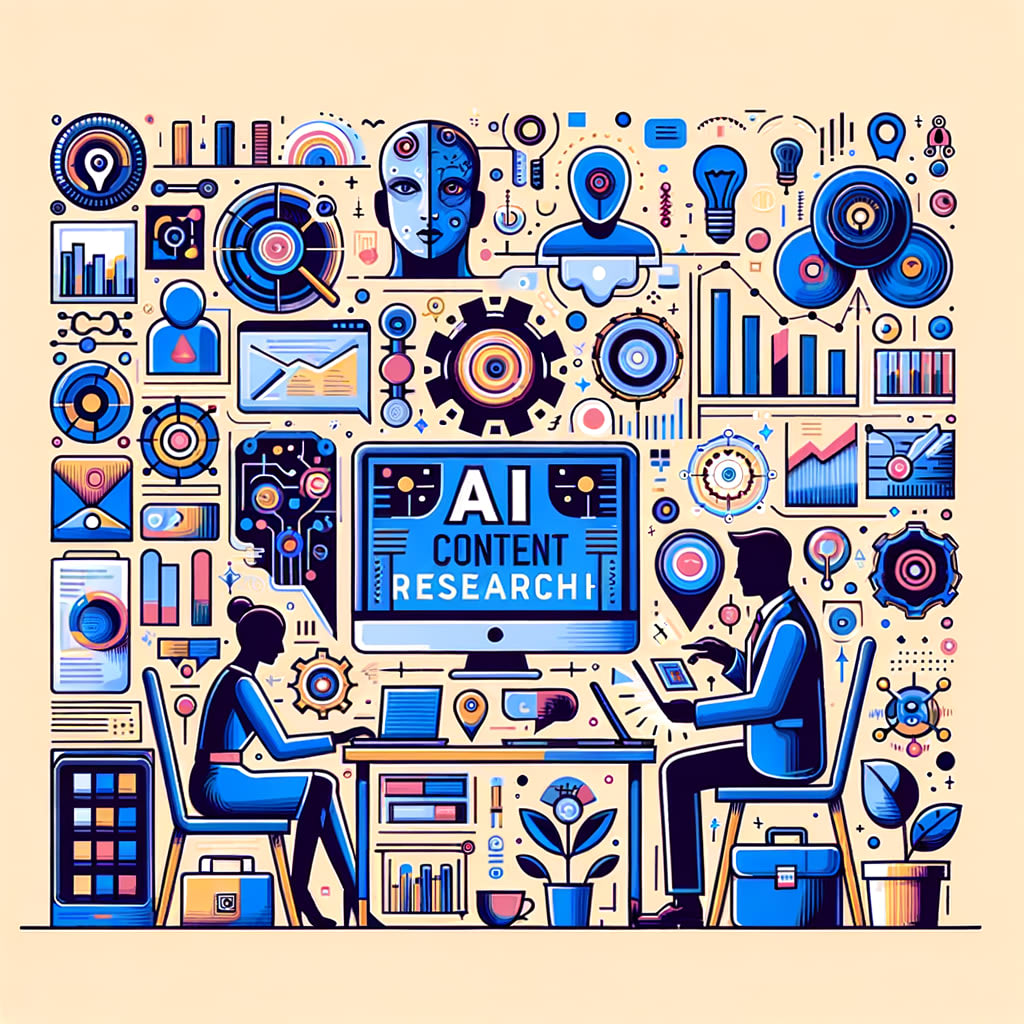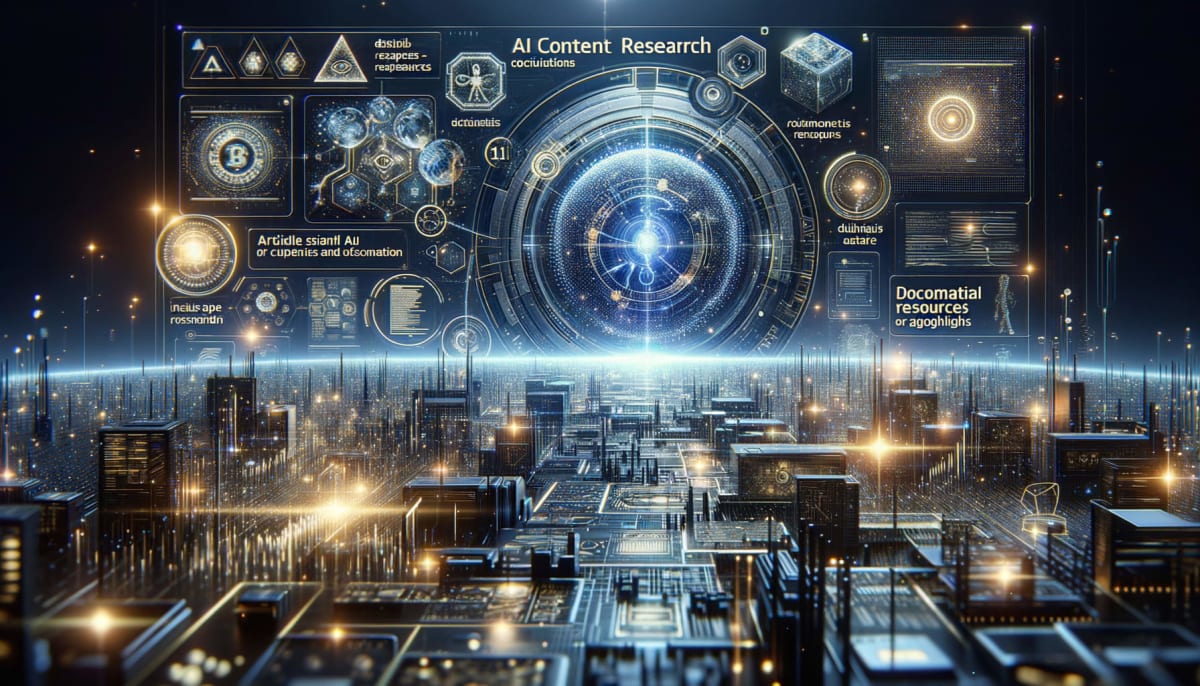AI Content Research: Transforming How We Understand Information
Have you ever wondered how much time you could save if you had a robot researching content for you? Well, with AI, that future is now! AI content research is changing how marketers get their facts straight, analyze data, and even predict future trends. Let’s dive into what makes AI content research so fascinating and revolutionary.
The Role of AI in Content Research
AI is like a super-smart assistant that helps streamline content research for marketers. It makes gathering information faster and more accurate than ever before. If you’re looking to get ideas, gauge audience engagement, or stay ahead of the competition, AI can analyze data from platforms like social media and search engines.
Imagine using AI to scan through countless industry reports to find just the right data points or hot trends. This ability to process large amounts of data helps marketers come up with fresh ideas and strategies.
Key Features of AI Tools
AI tools come packed with features that are game-changing for content research. These tools can highlight key content, track keyword performance, and forecast future trends.
- Summarizing important data and articles.
- Suggesting grammar improvements.
- Reducing workload by automating mundane tasks.
Tools focusing on these features can significantly cut down on the time you spend poring over data.
Top AI Tools for Content Research
There are various AI tools available that make content research a breeze. Here’s a quick look at some of the top tools:
- Rytr: Great for generating content ideas and drafting.
- Semrush: Helps in analyzing keywords and SEO to improve content strategy.
- CoSchedule’s MIA: Offers insights into content engagement and predictive analytics.
- Tellius: Provides data-driven insights and simplifies complex datasets.
By incorporating one or more of these tools into your workflow, you can elevate your content strategy significantly. For more specifics on tool features, check out the Semrush website.
Case Studies and Real-Life Examples
To see AI content research in action, look at companies like Google Scholar and Microsoft Academic. They use AI to catalog and analyze academic papers efficiently. In the automotive sector, giants like Volkswagen use AI to forecast trends and adapt to market changes.
These examples show how powerful AI can be in redefining how businesses and researchers access, interpret, and use massive amounts of information.
Perceptions of AI-Generated Content
According to research from MIT Sloan, people tend to favor AI-generated content when they don’t know its source. This phenomenon suggests a hidden potential in AI content creation, which might come across as unbiased or more creatively insightful without the preconceived notion of AI authorship.
The challenge remains in striking a perfect balance between human creativity and AI efficiency. For further reading, you can explore the original study, Human Favoritism, Not AI Aversion.
AI Content Detection: A Double-Edged Sword
As AI advances in generating content, the ability to distinguish it from human-generated content becomes ever more challenging. Tools like OpenAI, Writer, and Copyleaks are focused on distinguishing AI text, yet they often struggle with accuracy and consistency.
For educators and academic institutions, this raises questions about academic integrity, making it crucial to continue developing more sophisticated detection tools.
Conclusion: Embracing AI in Content Research
AI content research offers incredible benefits, making tasks quicker and more insightful. It allows marketers to focus more on creative strategies rather than sifting through vast data. The future of content marketing lies in harnessing AI’s capabilities, and staying informed on these advancements will keep you ahead of the curve.
Are you ready to leverage AI in your content strategy? Start today by exploring the many tools and platforms that can push your content research to new heights.









